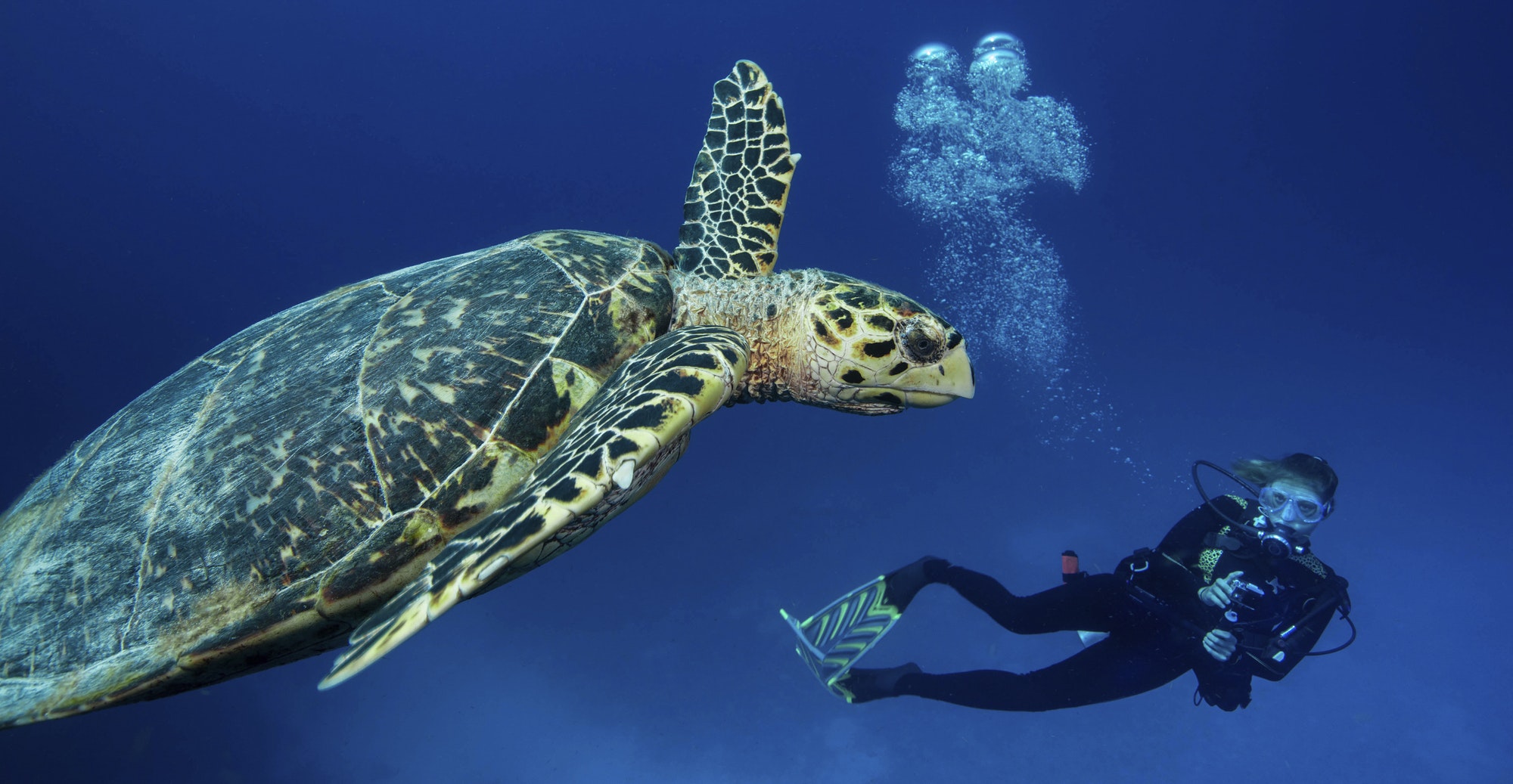During the day, recreational divers breathe air that is compressed into a cylinder and held in place with a weight. Most of this air is nitrogen, a gas that is not metabolized. When the pressure in the cylinder increases, nitrogen builds up in the body tissues and causes decompression sickness. If the nitrogen is released too quickly, it forms bubbles. In addition, scuba divers absorb nitrogen four times faster at depths of 100 feet than they do at the surface. It is important to balance depth and time spent down.
Scuba divers wear a mask, gloves, and a scuba tank. The tanks are filled with air from the surface, although deep dives require special air containing more oxygen and less nitrogen. This prevents decompression sickness (or bends), which can be life-threatening. Scuba divers can add or remove air using dump valves and inflators on the regulator. They can also wear weights to neutralize the pressure in the cylinder.
While underwater, divers may encounter a variety of emergencies. The most common involves compromised breathing gas supply. In an emergency, divers may donate their air to one another and/or carry their own independent air supply. A controlled emergency ascent is almost always the result of a lack of breathing gas, while an uncontrolled emergency ascent is often the result of a failure to control buoyancy. Other emergencies can involve medical emergencies or a loss of depth control.
While there are several emergency situations that occur while scuba diving, there is only one way to prevent them. The first is to keep the air supply as safe as possible. A diver should always carry a rebreather and a regulator. The second is to make sure that the diver is comfortable with the equipment that is being used. Scuba diving is dangerous and requires a strong sense of self-confidence. However, there is a small risk of death, so the best way to avoid this is to avoid any medical emergency.
Scuba diving can be dangerous if you are suffering from medical conditions that make it unsafe to dive. Certain conditions can make you feel sick when underwater, but it is very unlikely to be life-threatening. In some cases, a diver might not be able to swim as long as they are not properly trained. A certified diver will not feel seasick while diving. This can be especially problematic when they are inexperienced. In such a case, they should consult a doctor.
It is not recommended to try Scuba diving if you are pregnant. The risk of serious complications is very low. The minimum age to participate is 8 years. If you are pregnant, consult your doctor before starting any Scuba diving. A qualified diver will have to undergo a medical examination before getting a certificate. You should not take scuba diving lightly. This is a dangerous activity for your health. You should also avoid putting yourself at risk.
